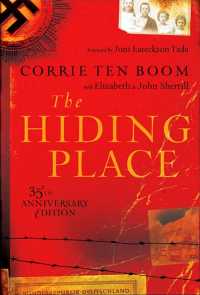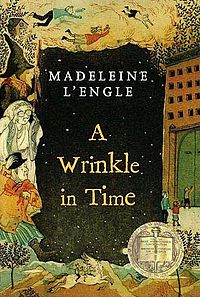Undoubtedly they seemed very depraved, very corrupt, very vile, very hateful, even, but those are rare who fall without becoming degraded; there is a point, moreover, at which the unfortunate and the infamous are associated and confounded in a single word, a fatal word, Les Misérables; whose fault is it?
So far, this month’s book Les Misérables is way different from what I expected. And that is not a bad thing. I have to admit, that I was in no way familiar with the story line. When the Broadway musical was at the height of its popularity, I never saw it or heard more than a song or two from the soundtrack. I thought it was about the beginning of the French Revolution (wrong!), and the story is turning out to have way more suspenseful moments than I would have thought. I certainly didn’t expect a novel that would address so many themes. As Victor Hugo tells the story, his involvement in politics shows as he explores poverty, patriotism, justice, oppression, social justice, and redemption, among others.
One thing I did know, though, was that this book is HUGE! I received my copy for Christmas, and it looked like brick sitting under the tree with my copy of The Hiding Place that I also received as a gift.

My abridged version weighs in at a hefty 829 pages (and that is with pretty small print). I’m not usually intimidated by giant books (I count Gone with the Wind and it’s 1,037 are among some of my all-time favorites), but for some reason, this one seemed scary. Perhaps it’s the fact that it’s abridged, or maybe it’s the French title. However once I’ve gotten deeper into the story, I would say it has been worth confronting my fear and diving into this novel. Perhaps you’ve had some similar fears of large novels, or maybe you tend to get bogged down when reading books of this kind of size. If so, I thought I would include some suggestions for reading big books, in particular, this one.
- There is no shame in reading the abridged version. Especially in the case of Les Misérables (see the page count I mentioned above). Hugo is a very descriptive writer, and he has a tendency to wax poetic for multiple chapters about topics like French society and the Battle of Waterloo. While brilliantly described, I am sure, these types of details aren’t really necessary to the backstory or moving along the plot. Judging from his critical essay included at the beginning of my edition of the book, the guy that did the abridgement was really smart, and I trust his judgment that what he decided to cut out (or summarize in an italicized paragraph) was probably OK to cut.
- Skim if necessary. As I mentioned before, Hugo is a very poetic author, so he often has very lengthy descriptions of scenes and characters. This helps create a very vivid visual picture, but in most cases these descriptions aren’t integral to the plot. If you get bogged down in the descriptive sections, go ahead and skim them so you have a basic idea of what is going on without getting stuck. If you miss a key detail, you can always go back.
- If it helps, take notes. There are a lot of characters in the novel, and some go by different names at different points in the story, so you might find it helpful to keep a list of who is who. Or you might want to make notes of key plot points.
- Make use of SparkNotes (or something similar). Les Misérables follows several main characters whose stories all overlap. You might find it helpful to look at SparkNotes or another outside resource for the plot summary after you read a chapter to make sure you didn’t miss anything important. If it is easier for you to read a book when you to know where the story is going, read ahead in the plot summary, or you might find it helpful to use the information to do your own “abridging” to skip some of the more flowery sections and jump ahead to where the action picks up.
- Give it a fair chance. Personally, I find that with a lot of books, it takes a few chapters or more to really get a feel for the author’s writing style, some of the characters and the overall “feel” of the book. Some of books take quite a bit of time (and pages) to set the stage and the scene before they really pick up. Les Misérables definitely falls into this category. Hugo takes great care to introduce you to the setting and his characters, which may seem tedious at times. Hopefully if you find it tedious, you can find some appreciation for his gift of description. This gift carries into the more action-oriented sequences of the novel, which makes him a master at building tension and suspense.
How about you? Have you found the book to be what you expected? Do you have any tips for reading this, and other large novels? I hope you give Les Misérables a fair chance and come and join us on June 14 at 7 p.m. for our discussion and Summer Picnic at Geist Park.
Happy Reading!








